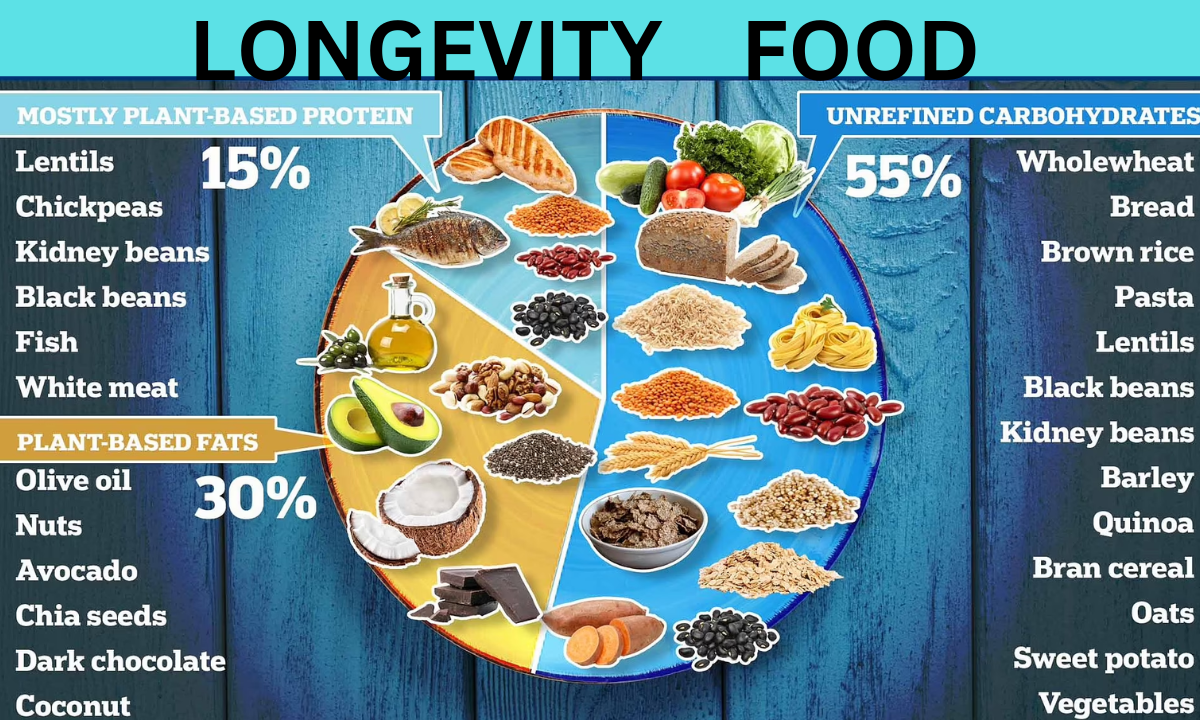Regular physical activity is one of the most important things you can do for your health. Being physically active can improve your brain health, help manage weight, reduce the risk of disease, strengthen bones and muscles, and improve your ability to do everyday activities.
Physical Health

Nutrition:
Eating a balanced diet rich in fruits, vegetables, whole grains, lean proteins, and healthy fats is crucial. Proper hydration is also important.
Exercise:
Regular physical activity, including cardiovascular exercise, strength training, and flexibility exercises, helps maintain cardiovascular health, muscle strength, and flexibility.
Sleep:
Quality sleep is essential for recovery and overall health. Most adults need 7-9 hours of sleep per night.
Preventive Care:
Regular check-ups, vaccinations, and screenings help catch potential issues early and maintain overall health.
Mental and Emotional Health:
Physical health is closely linked with mental well-being. Managing stress, practicing mindfulness, and seeking support when needed contribute to overall health.
Avoiding Harmful Behaviors:
Limiting alcohol consumption, avoiding smoking, and staying away from illicit drugs are important for maintaining good health.
Mental Health
Mental health is a state of mental well-being that enables people to cope with the stresses of life, realize their abilities, learn well and work well, and contribute to their community. It has intrinsic and instrumental value and is integral to our well-being.

At any one time, a diverse set of individual, family, community and structural factors may combine to protect or undermine mental health. Although most people are resilient, people who are exposed to adverse circumstances – including poverty, violence, disability and inequality – are at higher risk of developing a mental health condition.
Many mental health conditions can be effectively treated at relatively low cost, yet health systems remain significantly under-resourced and treatment gaps are wide all over the world. Mental health care is often poor in quality when delivered. People with mental health conditions often also experience stigma, discrimination and human rights violations.
Functional Fitness
Besides making you more well-rounded as a person, functional fitness has a number of benefits. These include benefits for your health, everyday life, and athletic performance. Let’s take a look at five of the major benefits of functional fitness.

Improves everyday life:
In an article by orbitfitness.com, they identify that by improving the overall function of your body, boosting muscle strength and endurance, and developing muscle and body stability, everyday activities can be completed with ease. “Compared to conventional training, the benefits of functional fitness tend to outweigh everything else because it’s actually targeting the movements we are doing every day.” In addition, functional fitness improves overall quality of life due to the stress relief factor. This type of training is usually more fun than others since you are essentially training for your everyday life.
Greater muscle memory:
In the same article by Orbit Fitness, they state that by performing regular functional fitness exercises you are not just building muscle and core strength, but actually exercising the brain too – effectively boosting your brain’s memory.
Increased mobility:
Functional fitness helps to improve balance, coordination, flexibility, muscle strength, and agility. All of these components will leave you more mobile, which in turn helps with your day-to-day life.
Improves balance and posture:
Since functional fitness is all about training the body to make the muscles work together instead of targeted training, overall strength and balance will improve. Training the muscles to manage weight properly will also reduce stress on the body. In turn, posture will be improved.
Reduced risk of injury:
By mimicking the movements done in everyday life, the body is more likely to be able to withstand stressors. Functional fitness training encourages muscle and ligament strength, which are the areas that are highly susceptible to injury.
Longevity
Longevity is the pursuit of extending one’s lifespan while maintaining good health and quality of life. It’s not just about living longer but living better. Here are some key areas to focus on for promoting longevity.

Balanced Diet:
Whole Foods:
Emphasize fruits, vegetables, whole grains, lean proteins, and healthy fats.
Portion Control:
Avoid overeating by being mindful of portion sizes.
Hydration:
Drink plenty of water and limit sugary or alcoholic beverages.
Regular Physical Activity:
Cardiovascular Exercise:
Activities like walking, running, or cycling improve heart health.
Strength Training:
Building muscle helps with metabolism and mobility.
Flexibility and Balance:
Incorporate stretching, yoga, or Tai Chi to maintain flexibility and prevent falls.
Mental Well-being:
Stress Management:
Practice relaxation techniques such as meditation, deep breathing, or mindfulness.
Social Connections:
Maintain relationships with family and friends to support emotional health.
Mental Stimulation:
Engage in activities that challenge your brain, like reading, puzzles, or learning new skills.
Preventive Healthcare:
Regular Check-ups:
Schedule routine visits with healthcare providers for early detection of potential issues.
Vaccinations:
Keep up with recommended vaccinations to prevent illness.
Screenings:
Get age-appropriate screenings for conditions like cancer, diabetes, and heart disease.
Healthy Habits:
Sleep:
Aim for 7-9 hours of quality sleep per night to support overall health.
Avoid Smoking:
Refrain from smoking and limit exposure to environmental toxins.
Moderate Alcohol Consumption:
If you drink alcohol, do so in moderation.
Positive Attitude:
Purpose:
Having a sense of purpose and goals can contribute to a longer, more fulfilling life.
Resilience:
Develop the ability to adapt to life’s challenges and setbacks.
Genetics:
Family History:
Be aware of your family medical history and discuss it with your healthcare provider to manage inherited risks.
Social Welfare
Social welfare could be defined as the many programs that are designed to help people in need of goods and services that they are unable to provide for themselves. Local, state, and federal government programs are available.
Programs
Social welfare programs include education, health, social security, and veterans’ programs.
Services
Social welfare services include empowerment, housing, and other programs that help the poor, unemployed, and marginalized.
Goals
Social welfare aims to protect the health and security of people who are most in need, such as those who are living in poverty, older or retired, sick, young parents, or unemployed.
Funding
Social welfare programs are often funded in whole or in part by the government.
Costs
Social welfare programs are designed to cover costs of food, housing, healthcare, childcare, and more.
Self-Esteem and Confidence
Self-Confidence
Self-confidence refers to the confidence that we have in specific areas of life and is about trusting yourself and your abilities to achieve goals and succeed at challenges. Self-confidence is outward facing and is often easier to build than self-esteem. Confidence comes from knowledge and practice; therefore, the more experience we have in something, the more confident we become. Confidence comes from the Latin word fidere, meaning “to trust” (Burton, 2015). Therefore, to be self-confident one must trust in oneself and their ability to engage with the world. Being self-confident typically leads to successful experiences, which further builds self-confidence in those areas. However, most people lean on self-confidence for happiness rather than working on self-esteem. The problem with this is that our success is often short-lived, only occurring when we excel at a new challenge.
Self-Esteem
Self-esteem refers to how we feel about ourselves and helps to guide our thoughts, feelings, and behaviours. Self-esteem is inward facing and often dictates the way we engage with the world and others. Esteem comes from the Latin word aestimare, meaning “to appraise, value, rate, or estimate” (Burton, 2015) and is thus our own appraisal of our worth. Self-esteem is formed through our life experiences as well as our relationships with others. Individuals with high self-esteem do not need to prop themselves up using income or status and do not fear failure or rejection. Additionally, they are open to experiences, tolerant of risk, and are accepting of themselves and others.
Stress Management
Everyone experiences stress at various times in their lives. It’s a normal reaction that occurs when you encounter changes or challenges (stressors). Your body responds physically and mentally to stress.
Stress management involves using techniques to improve how you respond to life stressors. These techniques can prevent or ease stress-induced symptoms.


